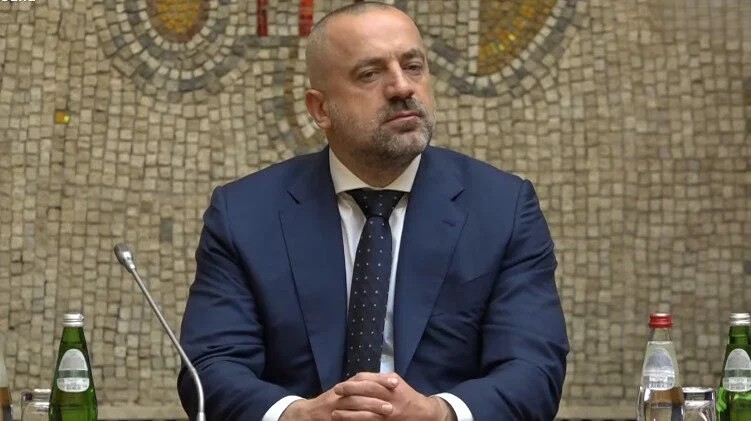The name of Milan Radoičić, known both in Serbia and Kosovo, is now being heard in North Macedonia. Albanian politician Izet Mexhidi from the Vlen party accused the Democratic Union for Integration (DUI) of collaborating with Radoičić, raising alarms about the spread of his influence.
Analysts highlight that Radoičić’s connections extend beyond Serbian structures, reaching into Albanian-Macedonian politics and even Republika Srpska, where his circle maintains ties with local leaders.
Despite being blacklisted by the United States, Radoičić’s presence continues to shape political and criminal narratives in the region. Kosovo authorities often accuse the Srpska Lista party of working closely with him.
Recently, Mexhidi claimed that DUI allowed the entry of Serbian banks, companies, and criminal networks into Albanian areas in North Macedonia, linking them indirectly to Radoičić’s activities.
Rada Trajković, head of the European Movement of Serbs in Kosovo, emphasized that his activities should be “impossible” under sanctions but noted that strong ties with Albanian leaders in Kosovo, especially Ramush Haradinaj, kept him active. Trajković pointed out that Haradinaj and Radoičić were from the same part of Kosovo and maintained close personal and business ties.
Connections are also seen in Republika Srpska, where Radoičić’s associate Zvonko Veselinović is reportedly very close to Milorad Dodik and the ruling SNSD party. Reports suggest Veselinović is involved in major business ventures such as coal transport and mining in Prijedor, Gacko, and Ugljevik, linking political and financial interests across Serbia and Republika Srpska.
Although Radoičić himself is not directly running businesses in Republika Srpska, his network of allies and partners ensures his continued relevance. His influence dates back years: in 2009 he was accused of involvement in the kidnapping of Macedonian businessman Mitat Sali, though charges later collapsed after the victim changed his testimony.
Today, Milan Radoičić’s influence in the Balkans remains a symbol of intertwining political power, organized crime, and cross-border networks, sparking concerns from Kosovo to Skopje and Banja Luka.







